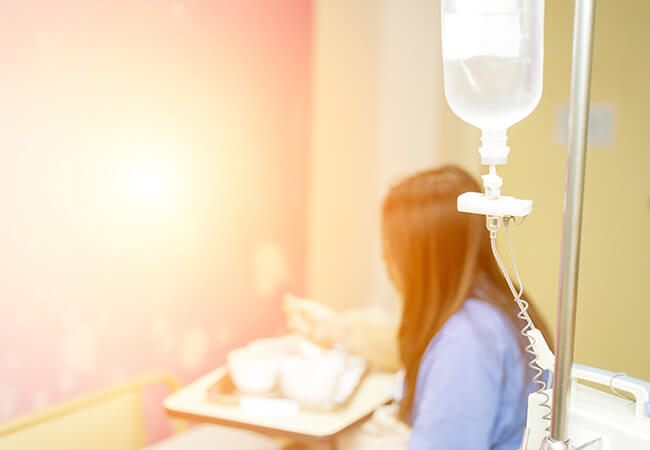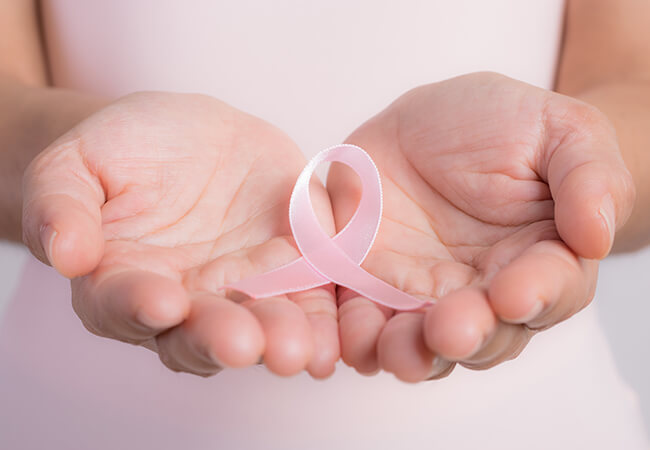


Chemotherapy is a powerful drug therapy that destroys fast-growing cells in the body. It is mostly used to treat cancer. As compared to normal cells in the body, cancer cells tend to grow and multiply rapidly in an uncontrolled manner. Chemotherapy drugs attack the cancer cells to stop them from growing and multiplying.
These drugs can either be used individually or in combination with other therapies like surgery, hormone therapy, or chemo and radiation together. Platinum-based chemotherapy is an example of an individualized cancer treatment.

In medical oncology services, chemotherapy can be used in various settings, depending on the type of cancer and its stage.

Chemotherapy has proven to be effective in treating several types of cancer. However, it can cause numerous side effects. The most common side effects are mild in nature and may subside once the treatment is over. Common side effects of chemotherapy include:
Chemotherapy may have certain long-lasting side effects:
Please consult with a provider to see if chemotherapy is the right option for your treatment plan.

Our infusion centers and medical centers are staffed by highly skilled oncology physicians and nurses to prepare you for your chemotherapy treatment. Consider the following:

The cost of chemotherapy will depend on your insurance plan’s coverage. Because of variations in coverage, we suggest you contact your insurance carrier or employer to verify specific coverage. You may also contact our offices to verify accepted plans.

Chemotherapy treatment is typically administered in a clinic or a hospital. However, there are some at-home treatment options like capsules, pills, tablets, liquids, or topical treatments.
Need assistance with chemotherapy? Contact us to book an appointment with the best oncology and hematology service provider in Maryland.
Usually, the chemotherapy doses are given weekly, every 2 or 3 weeks, or monthly. How often you will receive chemotherapy depends on the kind of cancer you have and other treatments you are receiving. Chemotherapy is administered in cycles in between rest periods for recovery.
Again, depending on what type of cancer you have, your oncologist will determine the number of chemotherapy cycles. Several other factors are considered in determining the length of the treatment, whether you are facing any severe side effects or if you are showing improvement with the treatment.
If your cancer is not improving with chemotherapy, other options like radiation therapy and immunotherapy are available. Our team will go over all of your options and recommended treatment plans.
Drink plenty of fluids leading up to treatment days, and don't forget to eat a meal before coming in for treatment. If you don't have time to eat before you come, bring it with you.
Make sure your doctor knows about each of your medications, including vitamins and herbal supplements. Your provider will decide which medicines can be continued while undergoing chemotherapy.
You need to know several things before starting with the chemo session. Some of the things to keep in mind are:
Every patient is different, but for the most part, patients feel their worst 1-2 days after treatment, and this could last for up to a week or more. Frequently, recovery times tend to increase with each cycle.
Yes! Once a woman enters her second trimester, it is safe to receive certain chemotherapy regimens.